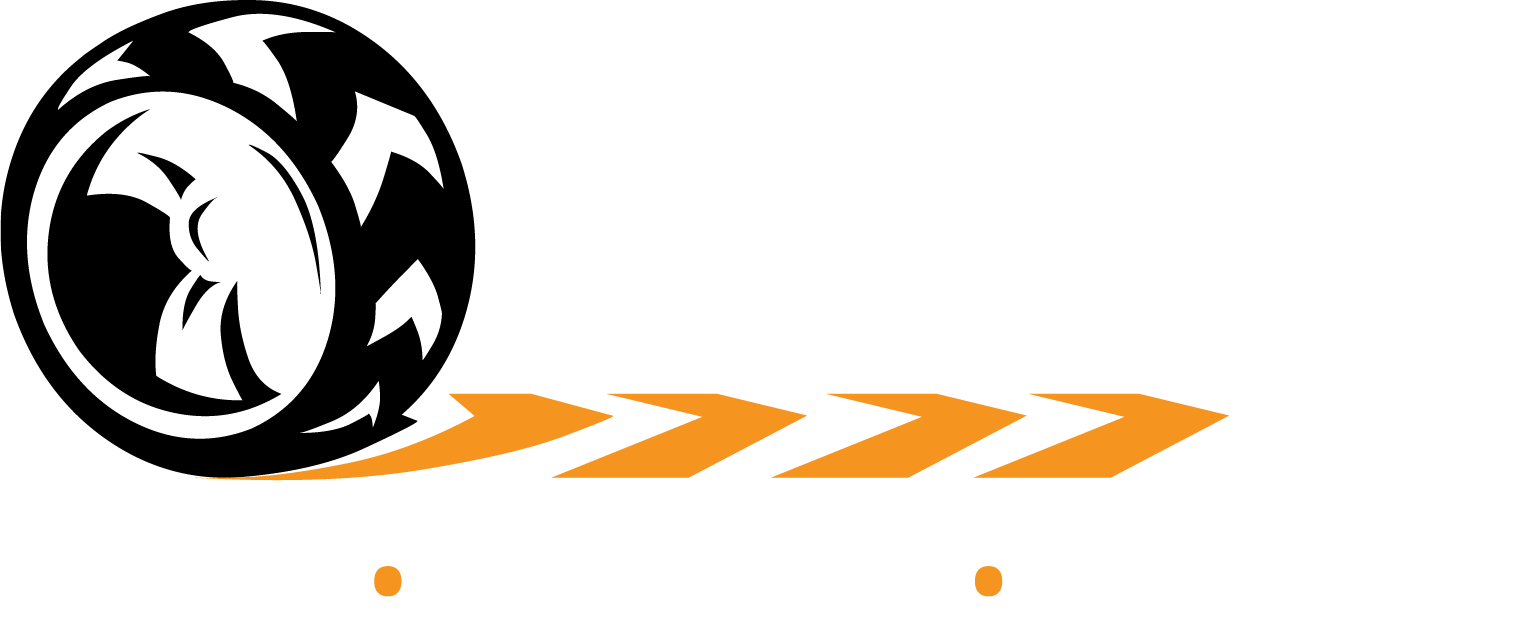If you have never leased an automobile, you might have questions about the leasing process. NY Autobrokers can help you lease your next vehicle from us, but in advance, we will discuss key aspects of leasing.
What is a lease? — When you lease a vehicle, you are paying a monthly fee for the right to use a car which is owned by a bank or leasing company. You agree to lease the vehicle for a set time period, typically three years. You agree to drive less than an agreed number of miles during that lease or you will pay a fee for excessive mileage. You also agree to do required maintenance and keep the vehicle in good condition. As you use it, the vehicle depreciates from the miles and use and you pay for this with your leasing fee. You are also required to pay for taxes, registration, and other lease fees.
Why should I lease a car? — There are several reasons why leasing might be to your advantage.
- It is less expensive than buying a car. Leases typically have lower monthly payments than a purchase. You also don’t have to have as much money up front for a lease. You are only paying the taxes, fees, and first payment for typical leases.
- You can lease a more expensive car with additional features for less than a monthly payment if you purchased it.
- You can turn in a lease at the end of the agreed term and obtain a new car with the latest features.
- You don’t suffer having to pay a long-term purchase loan that is “upside down”, which occurs when the car is worth less than the amount remaining on the loan.
What key things should I know before leasing a vehicle? — Leasing has some numbers which affect the lease and should be understood before signing a lease agreement.
- Sales price — Your lease is based on the sales price of the car. The lower the price, the lower will be your lease payment. You can still negotiate the sales price of many vehicles even when leasing.
- Residual value — The value of the vehicle at the end of the lease is its residual value. The higher the residual value, expressed as a percentage or amount, the less depreciation you will pay during the lease. The residual value is also the amount you will have to pay if you decide to purchase the vehicle at the end of the lease.
- Allowed miles and overage charges — Leases contain terms showing the allowed miles either per year or during the lease term. If you drive more than those allowed miles you are charged for the additional miles. This charge can be high, as much as 25 cents per mile. If you believe you may drive more miles, you can add an additional mileage allowance at the beginning of the lease. Drivers expecting to use their vehicles for a lot of driving or over long distances may find purchasing their vehicle a better choice to avoid these charges.
- Disposition fee — This fee is charged at the end of the lease and reimburses the dealer for the time to recondition your vehicle for resale. Ask the dealer if the fee can be waived if you lease another vehicle from them.
- Money factor — This is another term for the effective annual percentage rate contained in the lease. Money factors are typically not negotiable, and won’t usually be lower than a bank or credit union rate. To get the money factor expressed as a percentage rate, multiply it by 2,400.
When you are ready to lease your next vehicle, come to NY Autobrokers and choose from one of our many fine vehicles. We will work hard to get you a competitive leasing deal and will welcome you to our NY Autobrokers family!

